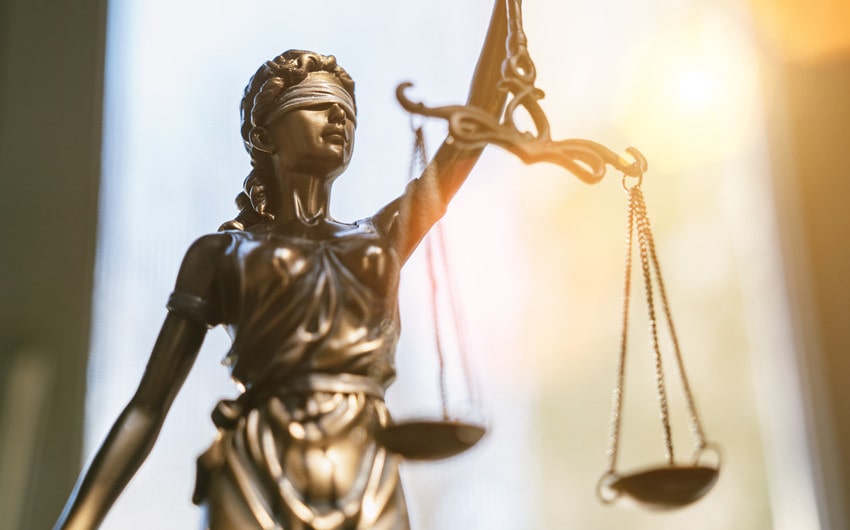What are natural rights? Simply put, they are rights that you are born with—rights that are not granted by any government or institution but are inherent to all human beings. These include the right to live, the freedom to make your own choices, and the ability to own property. Central to our understanding of how societies should function, natural y rights influence everything from laws to everyday decisions.
This article will dive into these fundamental rights, exploring their definitions, implications, and the profound impact they have on our lives and society.
What Are Natural Rights?

Natural rights are fundamental principles inherent to all humans, regardless of legal systems or government structures. These rights are not granted by any authority; instead, they are considered innate to every individual and inalienable—meaning they cannot be rightfully taken away.
Definition and Origin
Originating from Enlightenment thinkers like John Locke and Jean-Jacques Rousseau, natural rights are fundamental to political thought. Locke emphasized life, liberty, and property as primary natural rights, influencing democratic ideals and foundational documents such as the U.S. Declaration of Independence.
Inalienability
As inalienable rights, they cannot be transferred or surrendered and are integral throughout a person’s life. For example, the right to life means no one should be arbitrarily deprived of life, and the right to liberty allows individuals the freedom to live their lives as they choose, without infringing on others.
Universality and Permanence
These rights are universal, applying to all human beings and considered timeless and unchanging. Unlike laws, which can evolve, natural rights remain fixed, reinforcing their role as a fundamental aspect of human nature. This universality and permanence underpin global human rights movements and the advocacy for justice, equality, and human dignity across cultures.
Major Natural Rights
1. The Right to Life
The right to life is the most fundamental of all natural rights. It asserts that every individual has an inherent right to live, and this right should be protected under all circumstances. This principle forms the basis of laws against murder, manslaughter, and other forms of violence that can end human life.
This right also influences debates on issues like abortion, euthanasia, and the death penalty. In each case, discussions focus on the extent to which these practices align with or violate the intrinsic right to life, highlighting its importance in contemporary legal and ethical issues.
2. The Right to Liberty
The right to liberty is a cornerstone of personal freedom, encompassing the freedom of movement, speech, and the right to privacy. It protects individuals’ autonomy over their own lives and their ability to make choices without undue influence or coercion from the government or other entities.
This right is not absolute and can be restricted under specific circumstances, such as when exercising one’s liberty infringes upon the rights of others. For example, freedom of speech does not allow incitement to violence. Balancing the right to liberty with other societal needs remains a key challenge in upholding this natural right.
3. The Right to Property
The right to property allows individuals to own, use, and manage their own resources and possessions. It is essential for personal security and economic development, as it provides a legal assurance that one’s belongings will not be arbitrarily taken by others, including the state.
However, the right to property must also consider broader societal needs, such as land use and environmental conservation. Eminent domain, for example, where the government may requisition private property for public use, typically involves a legal process and compensation, reflecting the balance between individual and community rights.
4. The Right to Pursue Happiness
The right to pursue happiness is a unique concept that underscores the belief that individuals should have the freedom to seek out what brings them personal and communal joy and fulfillment. This right is particularly prominent in American philosophy, derived from the Declaration of Independence, and emphasizes the pursuit of happiness as a fundamental human goal.
This right acknowledges that what constitutes happiness can vary greatly from person to person and allows for the diversity of human desires and aspirations. It supports the idea that individuals should have the freedom to shape their own destinies, encouraging a society that values personal fulfillment alongside traditional measures of success like wealth and status.
5. The Right to Make a Living
The right to make a living is an extension of the principles of liberty and property. It affirms that individuals should have the freedom to choose their profession or create a business without undue interference from the state or discriminatory practices. This right is crucial for economic independence and personal development, as it allows people to secure their livelihood through skills, labor, and innovation.
This right also underpins concepts like the minimum wage, labor laws including protections agains harassment and any signs of pregnancy discrimination, and the right to unionize, which are designed to protect workers and ensure they can earn a fair income. Challenges arise in balancing business interests with workers’ rights, especially in globalized economies where labor and regulatory environments may differ significantly.
6. The Right to Have a Family
The right to have a family ensures individuals can marry and have children without interference from the government, supporting one of the most fundamental aspects of personal and societal development. This right encompasses the ability to enter into marriage with consent and the rights associated with family life, including the upbringing and education of children.
Challenges to this right can appear in various forms, such as restrictions on marriage between certain groups or government policies that interfere with parental rights. Legal and social battles, such as those for marriage equality, demonstrate ongoing efforts to define and defend this natural right in the face of evolving societal norms.
7. The Right to Practice Religion
The right to practice religion involves the freedom to follow one’s religious beliefs and rituals without persecution or coercion. This right is a core aspect of individual liberty and interconnects with freedoms of expression and assembly, allowing people not only to believe privately but also to worship publicly and share their faith with others.
However, this right can lead to conflicts when religious practices intersect with public policies or the rights of others. Balancing the right to religious freedom with secular laws or the rights of different groups remains a complex issue in many societies, particularly with regards to topics like religious dress in public spaces or the role of religion in educational settings.
Natural Rights vs. Civil Rights vs. Human Rights
Natural Rights
Natural rights are considered fundamental and universal rights inherent to all human beings, regardless of any laws or regulations. Rooted in natural law theory, these rights are thought to exist even in the absence of government and include rights such as life, liberty, and the pursuit of happiness. They are deemed inalienable and cannot be justly taken away by governments.
Civil Rights
Civil rights, on the other hand, are the rights that individuals possess by virtue of their legal status as citizens of a particular country. These rights are granted and protected by the laws of the state and can vary significantly from one country to another. Civil rights typically include the right to vote, the right to a fair trial, and the right to government services.
Human Rights
Human rights are rights that every person has simply because they are human. These rights are designed to be universal and are enshrined in international law, notably in documents like the Universal Declaration of Human Rights.
Human rights include the right to education, the right to health, and the right to freedom from torture. Unlike natural rights, which are a philosophical concept, human rights are defined and enforced through international agreements and treaties.
The Societal Impact of Natural Rights
Foundational Role in Democracies
Natural rights have profoundly influenced the development of democratic societies. These rights form the ethical foundation for the rule of law and are used as benchmarks for justice and liberty worldwide. They help in establishing a social contract where individuals consent to government authority in exchange for the protection of their rights.
Influence on Social Justice Movements
The concept of natural rights has been instrumental in various social justice movements throughout history, from the abolition of slavery to the fight for gender equality and the civil rights movements. Activists have often invoked natural rights as a basis for their demands for fair treatment and equal opportunities for all individuals.
Economic and Social Development
Natural rights also promote economic and social development by protecting individual freedoms that are essential for creativity and economic dynamism. By securing the right to property, for example, societies encourage investment and innovation. Similarly, by protecting the right to education, they foster a skilled workforce that can advance technological and social progress.
Challenges and Controversies
Despite their importance, natural rights are not without controversy. Issues arise in defining the scope and application of these rights, especially when they seem to conflict with community interests or cultural practices. Moreover, the enforcement of natural rights can be challenging, particularly in regions where government structures are weak, corrupt, or authoritarian.







